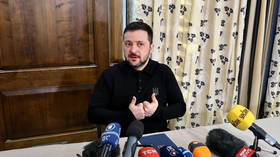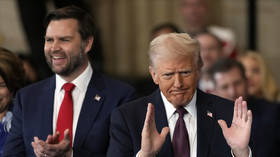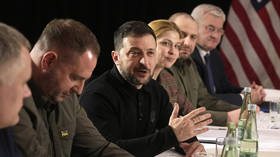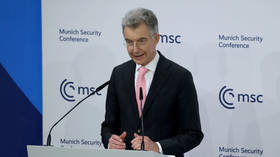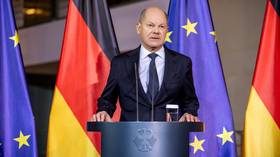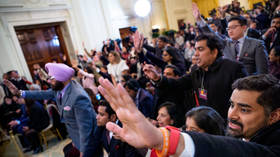Document leak reveals Uber’s secret activities – media
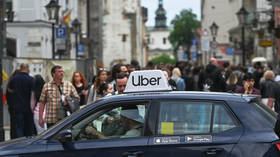
Uber sought to strike secretive deals with governments and attempted to thwart police investigations in several countries, documents leaked from the taxi-hailing giant show. Its activities, uncovered by The Guardian, allegedly took place as the company was accused of tax evasion and of robbing drivers of their livelihoods.
A cache of more than 124,000 emails, text messages, company presentations and other internal documents from 2013 and 2017 was obtained by The Guardian and shared with around 40 media outlets. The reports on what was dubbed the ‘Uber Files’ were first published on Sunday.
The documents reveal that Uber executives met more than 100 times with officials from 17 countries, including then-US Vice President Joe Biden, then-Israeli Prime Minister Benjamin Netanyahu, then-Irish Prime Minister Enda Kenny and then-Estonian President Toomas Hendrik Ilves. The lobbying efforts also included 12 previously undisclosed meetings with representatives of the European Commission.
Uber’s lobbyists also met with French President Emmanuel Macron on at least four occasions when he was serving as economy minister, between 2014 to 2016. Leaked text messages between the company and Macron suggest that the future president brokered a secret “deal” with Uber in France. The close relations between Uber and Macron supposedly helped the company recover from violent protests by cab drivers in Marseille in 2015.
The documents also show that Uber has reportedly used “the kill switch” to remotely block police from accessing its systems during office raids in France, Belgium, the Netherlands, Romania, Hungary and India.
“Please kill access now,” the company’s attorney Zac de Kievit wrote in an email during a raid on Uber’s Paris office in 2014, according to reports.
Internal communication also suggests that Uber viewed attacks on their drivers from disgruntled cabbies as an opportunity to promote its cause. In 2016, Uber co-founder Travis Kalanick proposed to stage pro-Uber counter-demonstrations after violence against its drivers in Paris.
“We will look at effective civil disobedience and at the same time keep folks safe,” Mark MacGann, Uber’s chief lobbyist in Europe at the time, wrote.
“I think it’s worth it,” Kalanick, who stepped down as CEO in 2017, replied. “Violence guarantee[s] success. And these guys must be resisted, no?”
In a statement to the media, Uber spokeswoman Jill Hazelbaker argued that the company has “revamped” its leadership team and significantly improved practices in recent years after making “mistakes” in the past.
“We’ve moved from an era of confrontation to one of collaboration, demonstrating a willingness to come to the table and find common ground with former opponents, including labor unions and taxi companies,” Hazelbaker said.
“We have not and will not make excuses for past behavior that is clearly not in line with our present values.”
Devon Spurgeon, spokeswoman for Kalanick, said that the former CEO “never authorized any actions or programs that would obstruct justice in any country,” and “never suggested that Uber should take advantage of violence at the expense of driver safety.”





